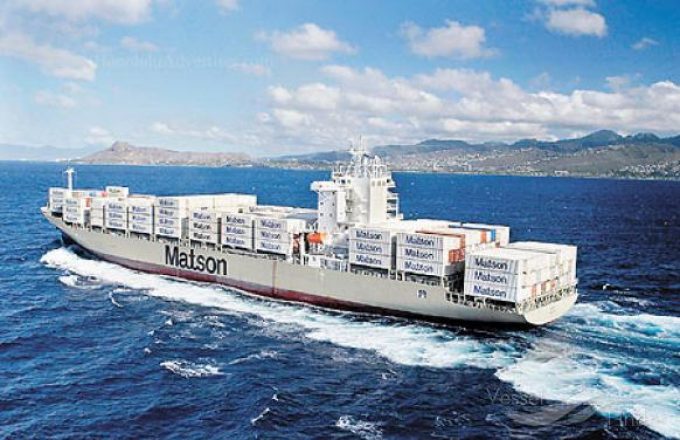Available extra box ship tonnage even harder to find this year
The number of cellular container vessels sold for recycling roughly halved last year, compared with ...

Honolulu-based US domestic and transpacific premium carrier Matson has closed its seasonal China-California Express (CCX) loop ahead of the peak season, after spot rates on the tradelane collapsed.
Just last month, at the company’s Q2 earnings call, Matson CEO Matt Cox was bullish about support for the service, which it launched in the third quarter of 2021, saying demand “remained solid”.
He said the carrier expected to operate the CCX service “through the October peak season” and was optimistic that demand would ...
Asia-USEC shippers to lose 42% capacity in a surge of blanked sailings
USTR fees will lead to 'complete destabilisation' of container shipping alliances
New USTR port fees threaten shipping and global supply chains, says Cosco
Outlook for container shipping 'more uncertain now than at the onset of Covid'
Transpac container service closures mount
DHL Express suspends non-de minimis B2C parcels to US consumers
Zim ordered to pay Samsung $3.7m for 'wrongful' D&D charges
Flexport lawsuit an 'undifferentiated mass of gibberish', claims Freightmate

Comment on this article